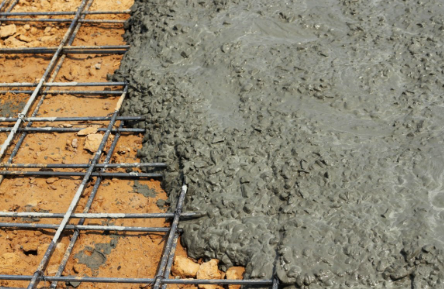How To Prevent Concrete Cracks In Your DIY Project In Carlsbad?

- When mixing your own concrete, be sure to use high quality materials. Cheap or poorly made aggregates can lead to weaker concrete that is more susceptible to cracking.
- If you add too much water to your concrete mix, it will be weaker and more likely to crack. Be sure to follow the instructions on the bag or leave a little bit of room for error by using slightly less water than what is called for.
- Reinforcing your concrete with steel mesh or rebar will help to prevent cracks. This is especially important if you are pouriAng concrete in an area that is subject to high stress or strain, such as a driveway or sidewalk.
- Concrete can be sensitive to temperature changes, so be aware of the forecast when you are planning your project. If there is a chance of freezing temperatures, take measures to protect your concrete from the cold (insulate it, cover it, etc).
- Once your concrete is poured, it needs time to cure properly. Depending on the temperature and humidity, this can take anywhere from a few days to a couple of weeks. Avoid walking or driving on your concrete too soon, as this can cause cracks.
FAQ’s
How Do You Know If Your Water Pipes Are Leaking From The Wall?
The most obvious sign of a water pipe leak is water damage to the surrounding walls or floor. If you see any stains or pooled water, it’s time to investigate. Another telltale sign is a sudden spike in your water bill. This could be due to a number of things, but if you suspect a leak, it’s worth checking out.
How Do Plumbers Detect Leaks Behind Walls?
Using a moisture meter or thermal imaging camera, plumbers can detect leaks behind walls. If the leak is small, listen for running water. These methods may not work if the leak is large or inaccessible. In these cases, opening the wall to find and fix the leak may be necessary.
How Can You Tell Where Pipe Is Leaking?
There are several ways to find a leaking pipe. Look for water damage on walls or floors. Listen for water running. Small leaks may be felt by running your hand along the pipe. These methods may not work if the leak is large or inaccessible. In these cases, opening the wall to find and fix the leak may be necessary.
Conclusion
Concrete is a versatile and durable material that can be used for a variety of purposes around the home. However, it is also susceptible to cracking. Cracks in concrete can be caused by a number of factors, including poor construction techniques, weather conditions, and even the materials used in the mix. For more queries, contact our professionals from Concrete Contractor Carlsbad at (760) 576-2525.